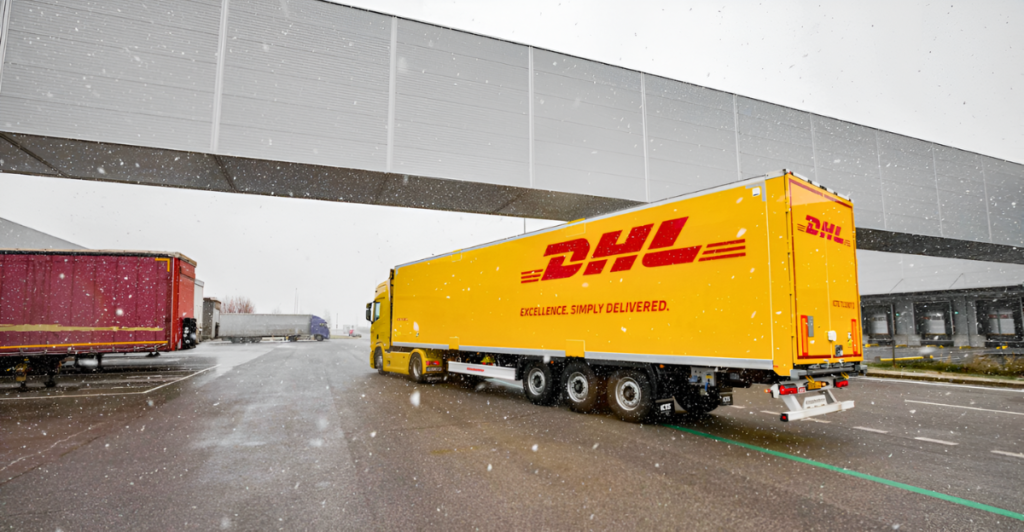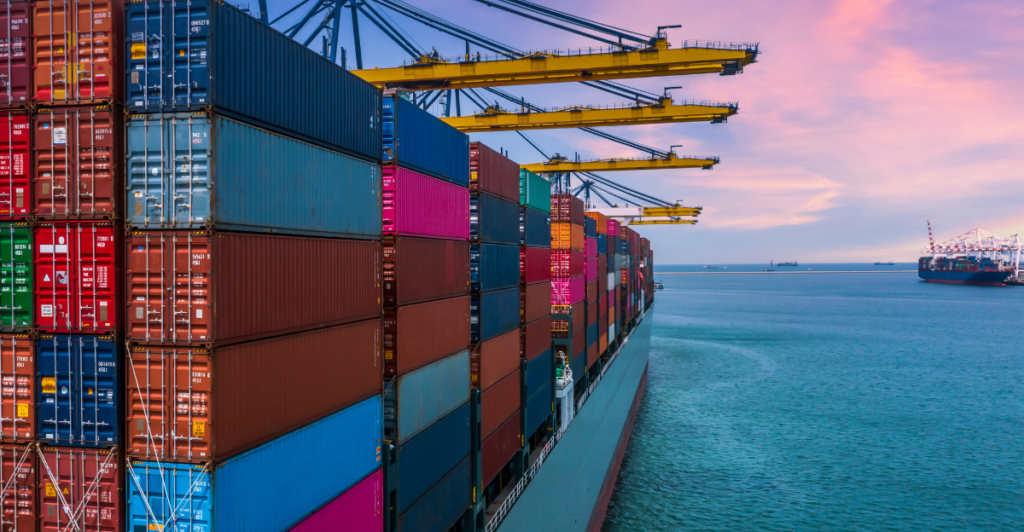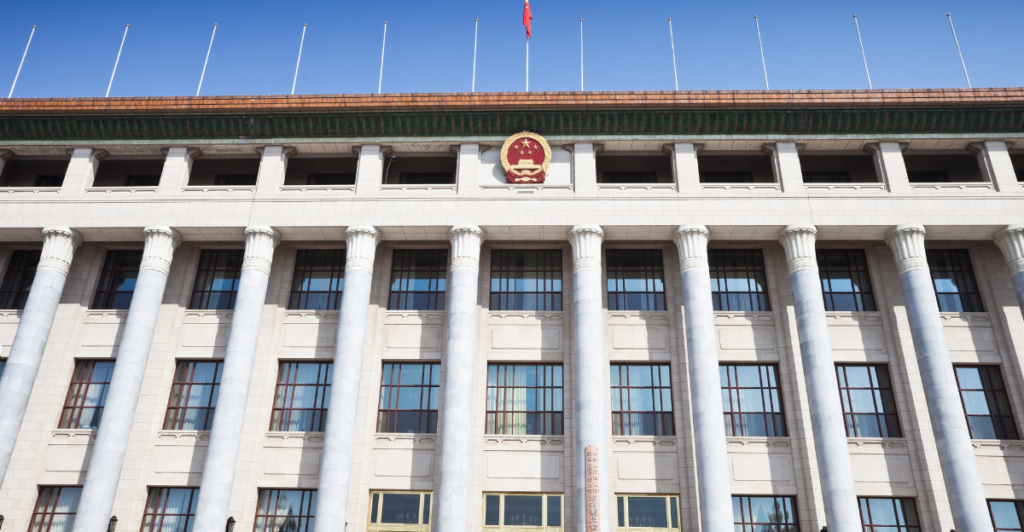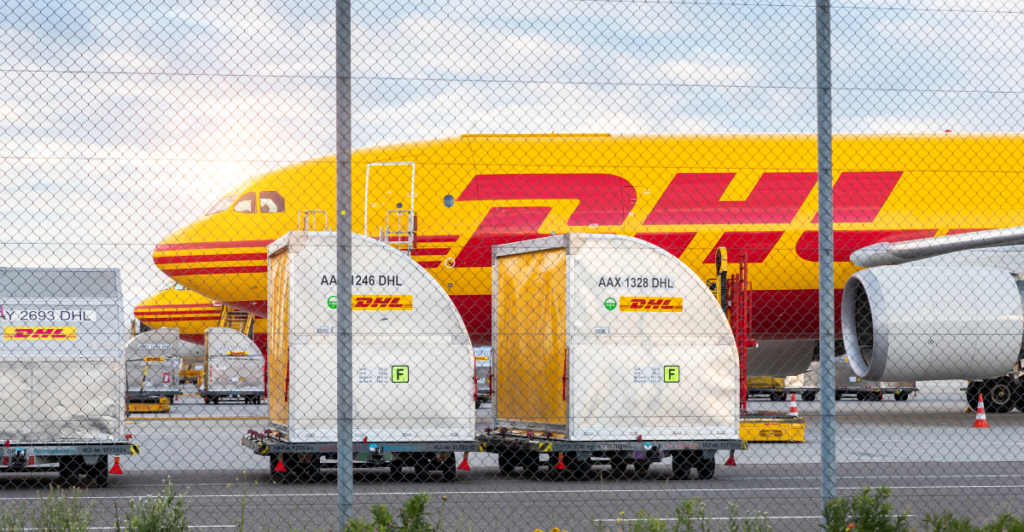
It began with the abrupt halting of what was meant to be a normal delivery. DHL Express, the international shipping giant, has halted shipments for valuable packages bound for the U.S., noting a maelstrom of new customs regulations.
At the core of this is newly unveiled Ex-President Donald Trump tariffs, along with a lot more than mere trade tension — and it’s jamming up customs faster than a Black Friday rush. New regulations have created a labyrinth of red tape, slowdowns, and raised eyebrows.
If global e-commerce is supposed to be a breeze, this situation says otherwise. So how does this affect companies, shoppers — and the supply chain globally? Let’s take a closer look.
What’s Actually Changing

Until recently, items up to $2,500 were able to go through U.S. customs with little hassle. But now that the tariff system is implemented, the threshold has fallen to $800.
Anything above $800 will require a complete customs clearance— a long, red-tape-filled ordeal. DHL has confirmed that it is suspending all B2C (business-to-consumer) shipments over $800 to the U.S. until further notice.
They’re still working on B2B (business to business) packages, though there will be delays there too. However, it’s not DHL alone — other postal services are beginning to get in line too. So… what’s driving this bureaucratic monster?
Trump’s Tariffs Are Back (and Bolder)

The tariffs above are part of a broader effort by Trump’s administration to limit imports, particularly from China.
The latest round of regulations restricts what previously was a loophole in trade — the “de minimis” rule — permitting small-value shipments to the U.S. duty-free. Attributing ‘deceptive shipping practices’ by foreign suppliers” is fine, but “attributing” could be simplified to “blaming.
Their purported aim? Reducing the flow of illegal opioids. But companies and logistics participants are starting to feel the pinch, whether shipping socks or smartphones.
The Shein & Temu Domino Effect

Two of the globe’s biggest e-commerce giants — Shein and Temu — are already sounding the alarm. These sites got by on the old $800+ loophole. Now?
Both have notified consumers that price increases are coming. With each $900 bundle subject to close examination or holdup, the fast-fashion frenzy may run out of gas one day.
Such stores are counting on sending merchandise directly from China to shoppers, an agreement that might be revoked by the new batch of rule changes. The new rules are also negatively affecting U.S. businesses, including the handbag industry.
DHL’s Customs Crisis

DHL claims it is working “around the clock” to move through the tsunami of new official customs clearances. Admittedly, no shipping company was built to handle such a massive wave of paperwork overnight.
The company states it is increasing its operations, but even with more staff and equipment, delay on costly items can be as much as days.
Maybe even weeks. As a precaution, they’ve decided it’s simpler to temporarily halt those shipments entirely. If your new DSLR or imported espresso machine gets delayed at customs — now you know why.
China and the U.S. — Still at Odds

No surprise, the Chinese government is displeased with this. The U.S. policy has been called ‘unreasonable’ and ‘abusive’ by its own officials.
They further profess to have the world’s toughest anti-drug laws, and the opioid crisis is “a U.S. problem.” It is a traditional case of the blame game. In the meantime, Chinese shipping companies and e-commerce platforms are rushing to get into compliance.
Hongkong Post has already suspended its own services to the U.S., including all maritime shipments. The geopolitical stress is now being felt by everyday online consumers.
Why Consumers Should Care

If you’re an occasional shopper who loves scoring deals online, these occurrences may matter more to you than you realize. “Site prices may go up” can be reworded to “prices on websites may increase”.
Importers must now contend with surprise tariffs, added charges, and longer shipping times. And let’s be real — when shipping becomes more expensive, sellers simply pass that cost on to you. This might be the demise of cheap overseas products.
What Businesses Are Saying

Small businesses reliant on international fulfillment are livid — and no wonder. Most built their business models around fast, cheap overseas shipping.
The new U.S. rules aren’t only disruptive; they were implemented hastily with minimal grace period. Industry forums are currently filled with angry entrepreneurs trading horror stories: customs checks halted, packages being sent back, even lost goods.
Some have had to suspend U.S. orders completely. For businesses expanding globally, the message is clear: conform now or be left behind.
Is There a Way Forward

Short-term, more delays, more price increases, and many frustrated customers. Expansion of ultra-low-cost, ultra-fast shipping came with sustainability and security drawbacks. More open customs practices might result in more responsibility for international commerce.
But without proper support for small businesses and carriers like DHL, the transition might be a bumpy road. E-commerce stands on the brink of a new era — and not everyone is ready for it.
Closing Delivery Thoughts

DHL’s suspension of high-value shipments can be likened to yet another delivery malfunction. But it’s a sign of something greater at play: a world in which tech, politics, and commerce cross paths more frequently.
While governments pursue security and equality, and businesses pursue convenience, profits, and efficiency, consumers will end up in between.
If you’re a buyer, a merchant, or waiting for a birthday present from overseas — hold on tight. In today’s new world, even a T-shirt might require a passport (and an attorney).
Discover more DIY hacks and style inspo- Follow us to keep the glow-up coming to your feed!

Love content like this? Tap Follow at the top of the page to stay in the loop with the latest beauty trends, DIY tips, and style inspo. Don’t forget to share your thoughts in the comments — we love hearing from you!